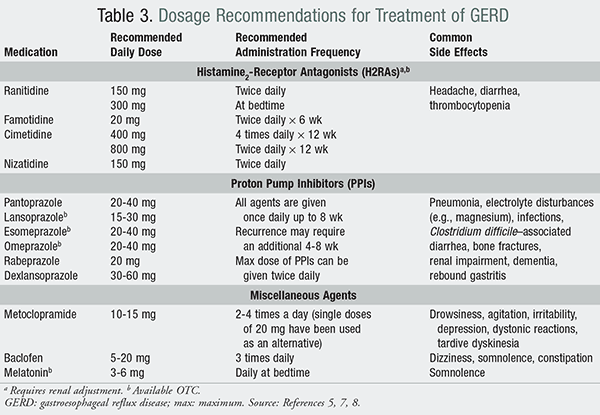
Heartburn is often worse after eating heavy meals, lying down or when bending over. It is a burning pain or feeling of discomfort that develops just below the breastbone and can rise up. The most common symptoms of GORD include: Heartburn If you are worried about a child or infant with reflux symptoms, then read The Royal Children’s Hospital Melbourne fact sheet on reflux. GORD can affect everyone, even children, but mostly affects adults aged 40 and over. It can eventually lead to more serious health problems and impact wellbeing and quality of life. It is considered GORD when it happens more than twice a week. This is also known as ‘reflux’.Īlmost everyone has heartburn caused by acid reflux from time to time. Gastro-oesophageal reflux disease (GORD) occurs when stomach acid leaks from the stomach and moves up into the oesophagus (food pipe). Related information on Australian websites.Your doctor will work with you to discuss your symptoms and find the right treatment for you. Talk to your doctor about acid reflux if you:ĭon’t feel relief from over-the-counter medications, especially if you’ve been taking them for eight weeks or longerĮxperience persistent nausea and vomiting If you’ve been dealing with chronic acid reflux, it may be time to see the doctor. Some people with this condition may develop a type of cancer called esophageal adenocarcinoma. Occurs when the cells and tissue lining your esophagus become more like intestinal cells. When the esophagus becomes too narrow, it can lead to difficulty swallowing and a feeling as if there is food stuck in your throat.īarrett’s esophagus. Caused by inflammation in the esophagus, esophagitis may cause bleeding and ulcers in the lining of the esophagus.Įsophageal stricture. Conditions associated with untreated acid reflux include:Įrosive esophagitis. Over time, stomach acids may lead to irritation, hemorrhaging, swelling and ulcers in the esophagus. If left untreated, chronic acid reflux can lead to serious health complications. PPIs block acid production in the stomach and are best for those who have frequent or chronic acid reflux. They generally work within an hour of taking them and provide symptom relief for eight to 12 hours. H2 blockers reduce the amount of stomach acid to lower the likelihood of heartburn. These medications usually provide immediate relief. Antacids reduce symptoms by reducing the amount of acid in your stomach. If you experience acid reflux, over-the-counter medications may help reduce the symptoms. Elevate your head 6 to 8 inches higher than your feet Sit or stand up after eating, and avoid laying down Pressure on the abdomen from pregnancy or tight clothingĪcid reflux can be painful and uncomfortable, but there are changes you can make to your diet and lifestyle to help prevent future episodes.Īvoiding eating two to three hours before bedtimeĮat a balanced diet rich in fruit, protein and vegetables Medications such as antidepressants, antihistamines, painkillers, sedatives Tomato-based foods like pasta sauce and ketchup Occasional acid reflux is common, but there are certain foods and other factors that make acid reflux more likely. When the LES is weak, the contents of your stomach can move back into the esophagus, causing acid reflux symptoms.

It opens to allow food to pass into the stomach and closes to prevent acid from moving upward. Normally, the LES acts as a “gate” between the esophagus and stomach. Causes and Triggers of Acid RefluxĪcid reflux occurs when stomach acids and food back up into the esophagus through the lower esophageal sphincter (LES). There are ways to prevent and treat the condition, which affects nearly 20 percent of Americans. Persistent acid reflux - occurring twice a week or more - is called gastroesophageal reflux disease (GERD).įortunately, you don’t have to live with the pain of acid reflux. Have you ever felt burning pain in your lower chest after a meal? It might be acid reflux, which also often comes with bloating, burping, coughing, heartburn and a sour taste in your mouth.

Patient Information Information for patients and visitors.Find a Physician Find a physician to meet your needs.Services & Specialties Learn more about our services.Find a Location Find a location near you.


 0 kommentar(er)
0 kommentar(er)
